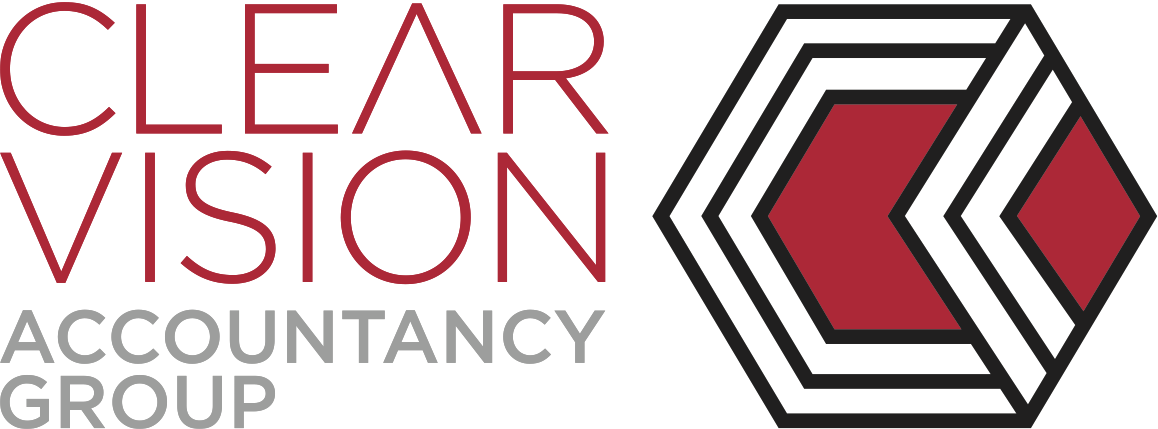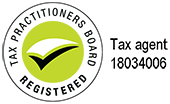To do a little or do a lot? Just do something!
As accountants and business advisors we often get asked by business owners how often they should be reviewing their financial performance.
While the answer will always be unique to the individual and business involved there is one thing we know for sure. Whether you spend a little time or a lot of time reviewing your financial performance you will always be better off than the business owner who does nothing!
Many business owners miss the opportunity for ongoing business improvement by failing to consider their financial performance other than at tax time.
That’s why Clear vision has developed a dedicated, multi-level Financial Performance Monitoring Program to assist its business clients.
Drawing on your financial data, our business and accounting expertise and your knowledge of your business we offer three levels of performance monitoring and recommendations including:
- Monthly Online/Email Review
- Quarterly Face to Face
- Monthly Face to Face
Contact Justin Searle to discuss which Financial Performance Monitoring level best suits your business.
The post To do a little or do a lot? Just do something! appeared first on Clear Vision Accountancy Group.





